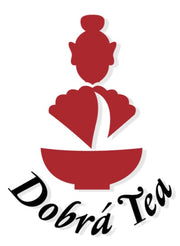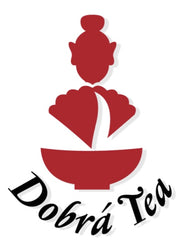
Exploring Tea Traditions Around the World
Tea is a beloved beverage enjoyed by people around the world. But beyond its delicious taste and health benefits, tea has significant cultural significance in many parts of the world. In this post, we'll explore the tea traditions and customs of different cultures and discuss the role of tea in literature, art, and history.
One of the most famous tea traditions is the Japanese tea ceremony, or Chanoyu. The tea ceremony is a highly ritualized practice that dates back to the 16th century. It involves the preparation and serving of powdered green tea, known as matcha, in a specific way that emphasizes harmony, respect, and tranquility. The tea ceremony is deeply rooted in Japanese culture and is often associated with Zen Buddhism.
In Britain, tea has a long and rich history that dates back to the 17th century. Afternoon tea, a tradition that became popular in the 19th century, involves serving tea, sandwiches, scones, and cakes in the late afternoon. It is a quintessentially British tradition that is often associated with elegance, refinement, and socializing. Afternoon tea is still a popular custom in Britain and is often served in hotels, tea rooms, and private homes.
In China, tea has been a cultural symbol for thousands of years. The Chinese Gongfu tea ceremony is a traditional way of preparing and serving tea that emphasizes precision, skill, and hospitality. It involves multiple rounds of steeping high-quality oolong or puer tea leaves in small, clay teapots, and serving the tea in small, handleless cups. The Gongfu tea ceremony is a significant part of Chinese culture and is often performed during special occasions and social gatherings.
Tea has also played a significant role in literature, art, and history. In Britain, tea is often associated with famous literary figures such as Jane Austen and the Bronte sisters, who often featured tea in their novels as a symbol of social class and etiquette. In China, tea has been celebrated in art and literature for centuries, with famous poets such as Lu Yu and Su Shi writing extensively about the virtues of tea.
Tea has also played a significant role in world history. The Boston Tea Party, a political protest against British taxation, helped to spark the American Revolution in 1773. In India, tea played a critical role in the country's struggle for independence from British rule, with figures such as Mahatma Gandhi organizing boycotts of British tea as a symbol of resistance.
In conclusion, tea is much more than just a beverage – it is a symbol of culture, tradition, and history in many parts of the world. From the highly ritualized Japanese tea ceremony to the elegant British afternoon tea, tea has played a significant role in shaping the customs and traditions of different cultures. Tea has also been celebrated in literature, art, and history as a symbol of refinement, hospitality, and resistance.

